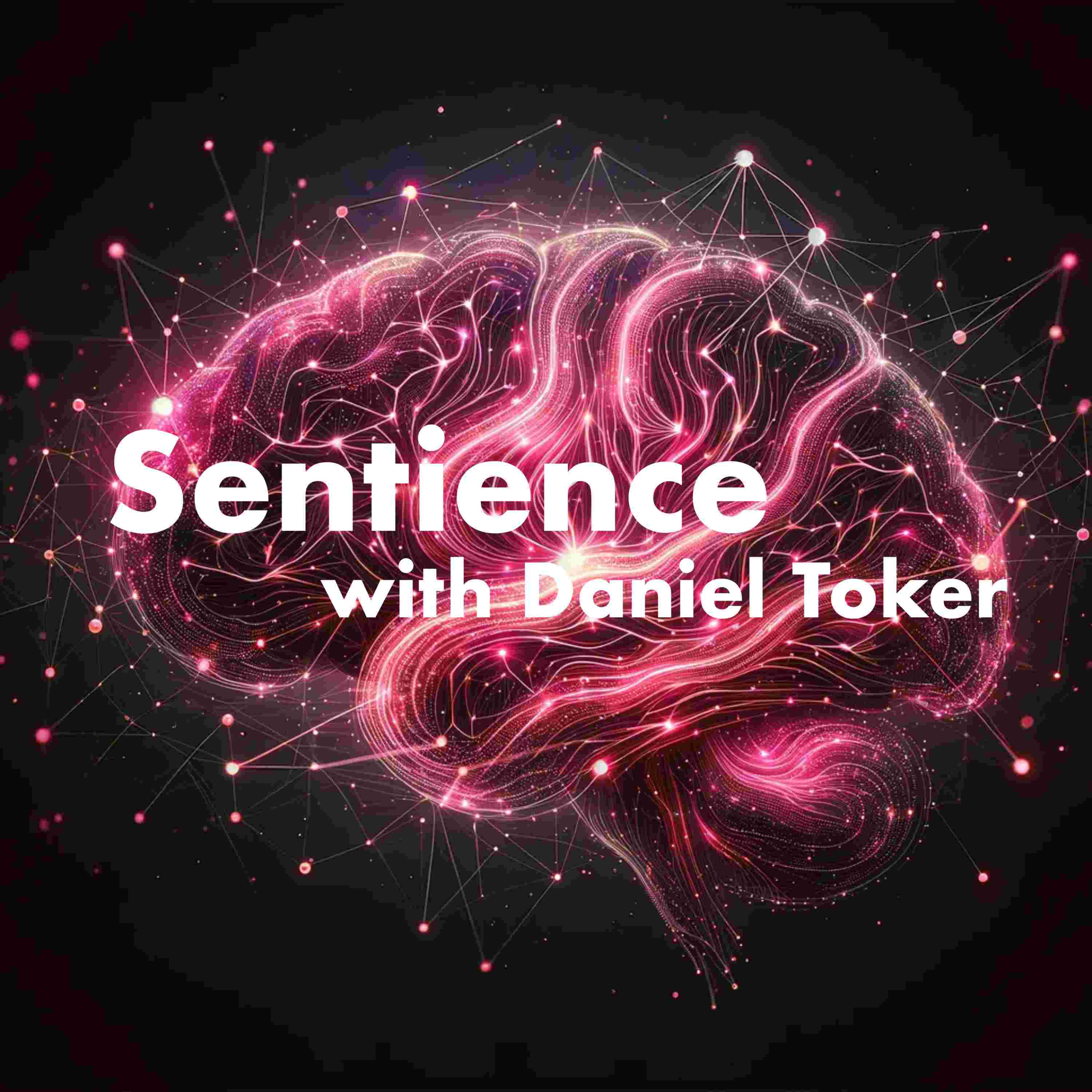

In this episode of Sentience, we talk with Thomas Hartung, PhD, about how organoids and AI are reshaping biomedical science. Hartung explains how AI models can predict the toxicity of chemicals more accurately than animal tests and how organoids—tiny, lab-grown versions of human organs—can stand in for animals in studying disease and drug effects. We explore the concept of organoid intelligence, the ethics of creating brain-like systems, and how these technologies together could make research more humane, efficient, and human-relevant.
Timestamps
(00:12) – From animal lover to scientist: Thomas’s early journey
(03:06) – Replacing a major rabbit test and the origins of modern alternatives(
05:42) – Why AI became the next frontier for toxicology
(09:32) – How algorithms can predict chemical safety without animals
(13:24) – Thinking in probabilities: a smarter kind of toxicology
(16:14) – Designing safer drugs from the start
(18:43) – The rise of lab-grown intelligence: what organoids can do
(24:01) – From simple cells to living models of the human brain
(28:21) – Why brain organoids matter for understanding disease
(33:17) – Building connections: assembling mini-brains
(36:31) – Organoid intelligence and the idea of biological learning
(40:54) – Could organoids ever think? Ethics and embedded responsibility
(44:17) – What AI can learn from the brain—and vice versa
(48:16) – The road to replacing animal tests: challenges and hope
(54:36) – A new era of human-relevant science